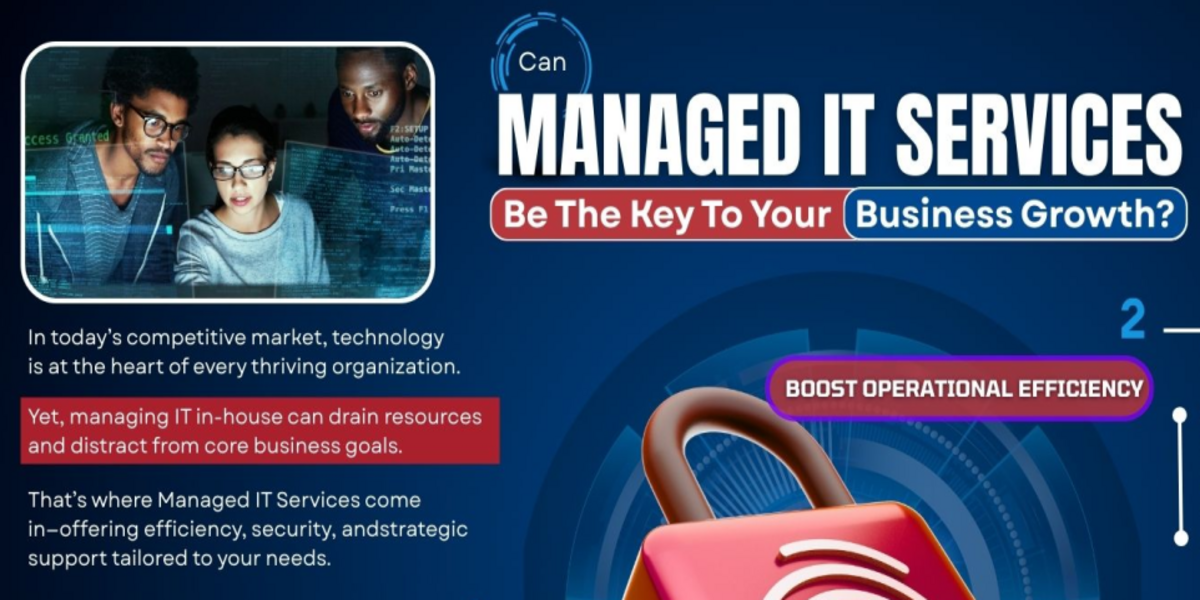Improved cargo transportation and better international trade laws have made global sourcing a popular procurement strategy across the industry. There was a time when only multinational corporations would source products and services from the global market. Today, even enterprises without a worldwide footprint are also embracing global sourcing to improve their business outlook.
However, it is important to understand that global sourcing is not an unconditionally right procurement strategy. With all its benefits and advantages, it also has some downsides. This post will try to impassively dissect global sourcing for all its advantage and drawbacks. This discussion will help you to develop a learned and cautious approach towards this domain of strategic sourcing.
Upsides of Global Sourcing
Leverages Low-Cost Production
This is the first and foremost reason for most organizations to embrace global sourcing. There are many countries where enterprises can get their materials and labor-intensive raw products ready at lower costs. For instance, China is one of the largest hub and facilitator of low-cost manufacturing. Much of its economic turnaround is about offering low-cost production to businesses all over the world.
Allows Procuring Hard-to-Find Resources
All the resources are not distributed equally among all the regions. This imbalance of resources plays an integral role in determining the viability and profitability of different businesses in different regions. For example, a traditional factory setup can’t run efficiently if it’s located in a region where coal, gas, and oil are not easily available.
Global sourcing has removed that constraint from the industrial landscape. Enterprises everywhere can source hard-to-find resources to continue their operations without a hitch. The industrial revolution owes a lot of its success to this upside of global sourcing.
Offers an Entire Pool of Alternate Suppliers
If an enterprise manages to make success foray into global sourcing, it can develop an entire pool of alternate suppliers. As a result, a shortage of any item/material in the local market won’t send the manufacturing operations into a frenzy. The enterprise can always leverage its connection with international suppliers to bridge that shortage.
Helps Developing Global Business Skills
Dealing with international suppliers, understanding international trade agreements, and working out respective import/export laws – all these things add up to improve an organization’s global business acumen. Its procurement team improves and expands its skillset. Its accounts department becomes more efficient while handling international transactions. In short, an enterprise improves its collective skill level when it deals with global sourcing.
Stand Out Among Competitors
Last but not least, global sourcing offers you multiple avenues to stand out among competitors. Acquiring low-cost production, procuring items that are not locally available, developing a network of international suppliers, and improved business skills can help an organization outshine its peers and competitors.
Downsides of Global Sourcing
Approaching any opportunity or a scenario without bias is crucial for business success. Just like many commercial activities, global sourcing also has downsides that decision-makers should be aware of.
Difficult Coordination with People from Different Backgrounds
Global sourcing involves establishing partnerships, dealing with stakeholders with different cultural backgrounds, speaking different languages, and being conscious of different social values. Making a quick connection is always difficult when two parties have such stark dissimilarities. For instance, it may require more effort and groundwork to establish a partnership with an international supplier compared to a local vendor.
Time Zone Constraints
Working with global manufacturers, vendors, and suppliers means you have to take into account time zones as well. In many cases, the business hours of international business associates don’t match. Therefore, they have to set up separate desks/teams that work round the clock to overcome time zone constraints. In other words, you have to put in more effort and resources to ensure your business correspondence and activity don’t get affected by the difference in time.
Complying with Local Rules and Regulations
Global sourcing is not like ordering an item from an international e-commerce website. There is a list of international trade rules, local customs laws, import regulations that you need to tackle when sourcing items from overseas suppliers. For many enterprises, dealing with all these multilayered regulations gets quite overwhelming.
Risking IP, Patents, and Copyrights
If your transactions with international suppliers also involve patented and copyrighted materials, there is always a risk of infringement. To begin with, you have less control of things when it involves international dealings. Also, every country doesn’t have effective laws against IP thefts and copyright infringements.
Then, some countries have a very poor implementation of those laws. Therefore, enterprises with patented technologies and products have to tread the rope of global sourcing very carefully.
Extended Lead Times
Despite all the technological progression, global sourcing still involves extended lead time. The majority of international cargo is still transported using sea vessels that take significant time to reach their destinations. Therefore, global sourcing is not suitable for organizations that need items with a quick turnaround.
Difficult Supervision
When things go international, spanning different countries, rules, and stakeholders, the supervision gets difficult. Poor or loose supervision of the processes might hurt the objectives you want to achieve with global sourcing. For instance, you can’t fully determine if your international suppliers share the same CSR values as you. Similarly, it is pretty difficult to identify if your international suppliers comply with universal labor laws and ethics.
SimplyPurchasing - A Dependable Assistant for Global Sourcing
Different decision-makers may have a different opinion of global sourcing, depending on how it benefits/hurts them. However, everyone agrees that global sourcing is a hectic procurement activity. Even if your organization manages to leverage all the benefits mentioned above, you have to improve your procurement department’s efficiency.
SimplyPurchasing is a procurement management solution that can reduce your operational burden of global sourcing by taking care of many backend processes. Whether it is category and vendor management, or PO and invoice management, SimplyPurchasing comes in handy. You can also use this web-enabled procurement management system as the central repository of all your procurement data.




